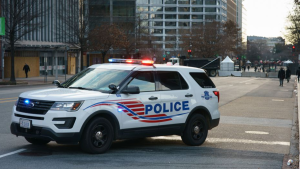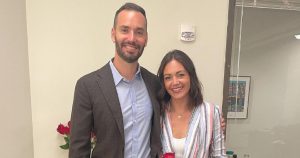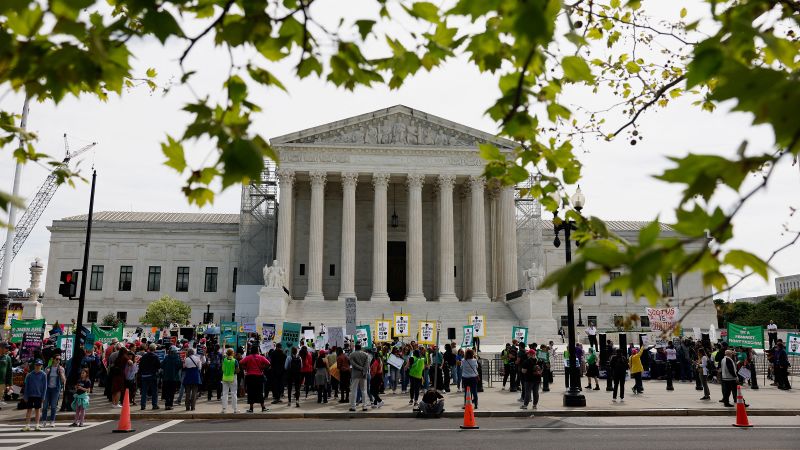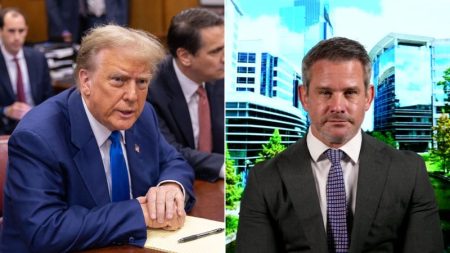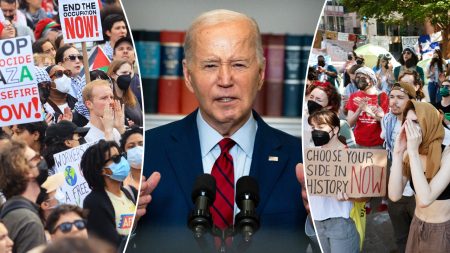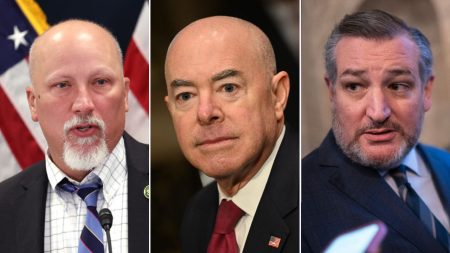US Solicitor General Elizabeth Prelogar argued in a Supreme Court hearing challenging aspects of Idaho’s strict abortion ban, appealing to conservative justices who previously ruled on state prohibitions. The dispute centered around whether federal mandates for hospital emergency care override abortion bans that do not exempt non-life-threatening health conditions. The Biden administration needs the votes of two conservative justices, with indications that Justice Brett Kavanaugh may side with Idaho. Chief Justice John Roberts and Amy Coney Barrett are key swing votes, with tough questions posed to both sides during the hearing.
The court’s far-right wing framed the case as a federal overreach into state power to sway Roberts and Barrett, while liberals emphasized the medical emergencies faced by pregnant women without adequate exemptions in Idaho’s ban. Prelogar highlighted the conflict between Idaho’s law and the federal Emergency Medical Treatment and Labor Act (EMTALA) as narrow, focused on ensuring essential care in specific medical emergencies. Idaho argued that the Biden administration was circumventing the 2022 ruling allowing states to prohibit abortion, while Prelogar countered by portraying Idaho as an outlier among states with bans.
Despite skepticism from conservative justices, Roberts and Barrett posed probing questions to both sides, with the liberal wing indicating support for the Biden administration. Prelogar emphasized federal conscience protections for doctors with moral objections to abortion, addressing Barrett’s questions on the conflict between Idaho’s law and federal interpretations of emergency health care laws. Idaho’s attorney, Joshua Turner, faced intense questioning from female justices exploring how the state’s ban operates in medical emergencies, with scenarios presented where a woman’s health is at risk, but her life is not in immediate danger.
Justices Sotomayor and Kagan pointedly questioned Turner on the absence of federal laws prohibiting states from blocking abortions even in life-threatening situations. Kagan presented a hypothetical situation where a woman faced losing reproductive organs due to pregnancy complications, pressing Turner on the lack of federal guidance on such tough questions. The hearing highlighted the complexities of balancing state abortion bans with federal emergency health care mandates, with conservatives and liberals on the court staking out differing positions on the case. Prelogar’s argument emphasized the administration’s focus on ensuring essential care in medical emergencies while respecting state laws on abortion.

